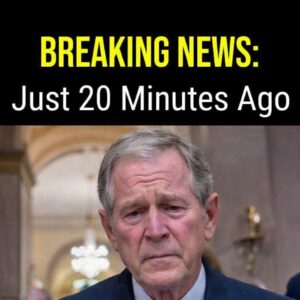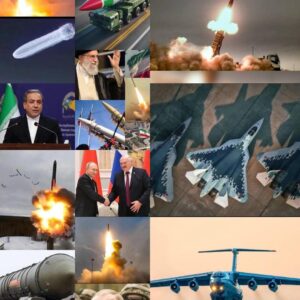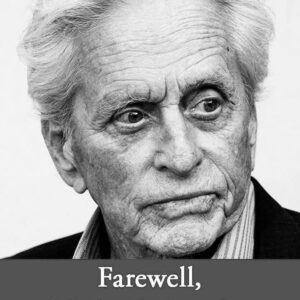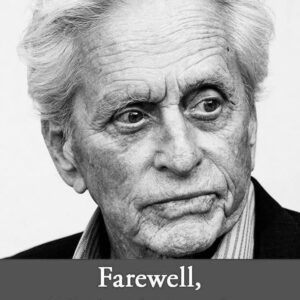In a tense meeting, Donald Trump and Volodymyr Zelenskyy clashed over Ukraine’s future, with no peace deal in sight. The high-stakes discussion, encouraged by French President Emmanuel Macron, underscored deep divisions over U.S. involvement in the war.
Trump dismissed claims that he called Zelenskyy a “dictator” and reiterated his belief that he could broker a peace deal within 24 hours. Zelenskyy pushed back, insisting that any agreement must uphold Ukraine’s sovereignty. Their disagreement highlighted a broader divide: Trump’s calls for reduced U.S. aid vs. Zelenskyy’s demand for sustained Western support.
Trump’s warning that the conflict could escalate into World War III added to global concerns. Critics argue his rhetoric fuels uncertainty, while supporters see it as a necessary reality check. Meanwhile, Macron’s efforts to unify Western allies stand in contrast to Trump’s more isolationist stance.
With no consensus reached, the meeting has intensified debates over U.S. foreign policy. As Ukraine’s war continues, the world watches how these contrasting strategies will shape global security and the future of Western alliances.





